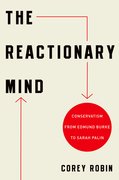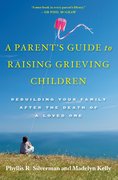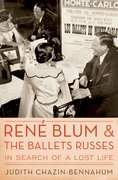Coups, corporations, and classified information
By Arindrajit Dube, Ethan Kaplan, and Suresh Naidu
The Central Intelligence Agency was created in 1947 under the National Security Act. The act allowed for “functions and duties related to intelligence affecting the national security,” in addition to intelligence gathering. Initially, the scope of the CIA was relegated to intelligence, though a substantial and vocal group advocated for a more active role for the agency. This culminated in National Security Council Directive No. 4, which ordered the CIA to undertake covert actions against communism.














